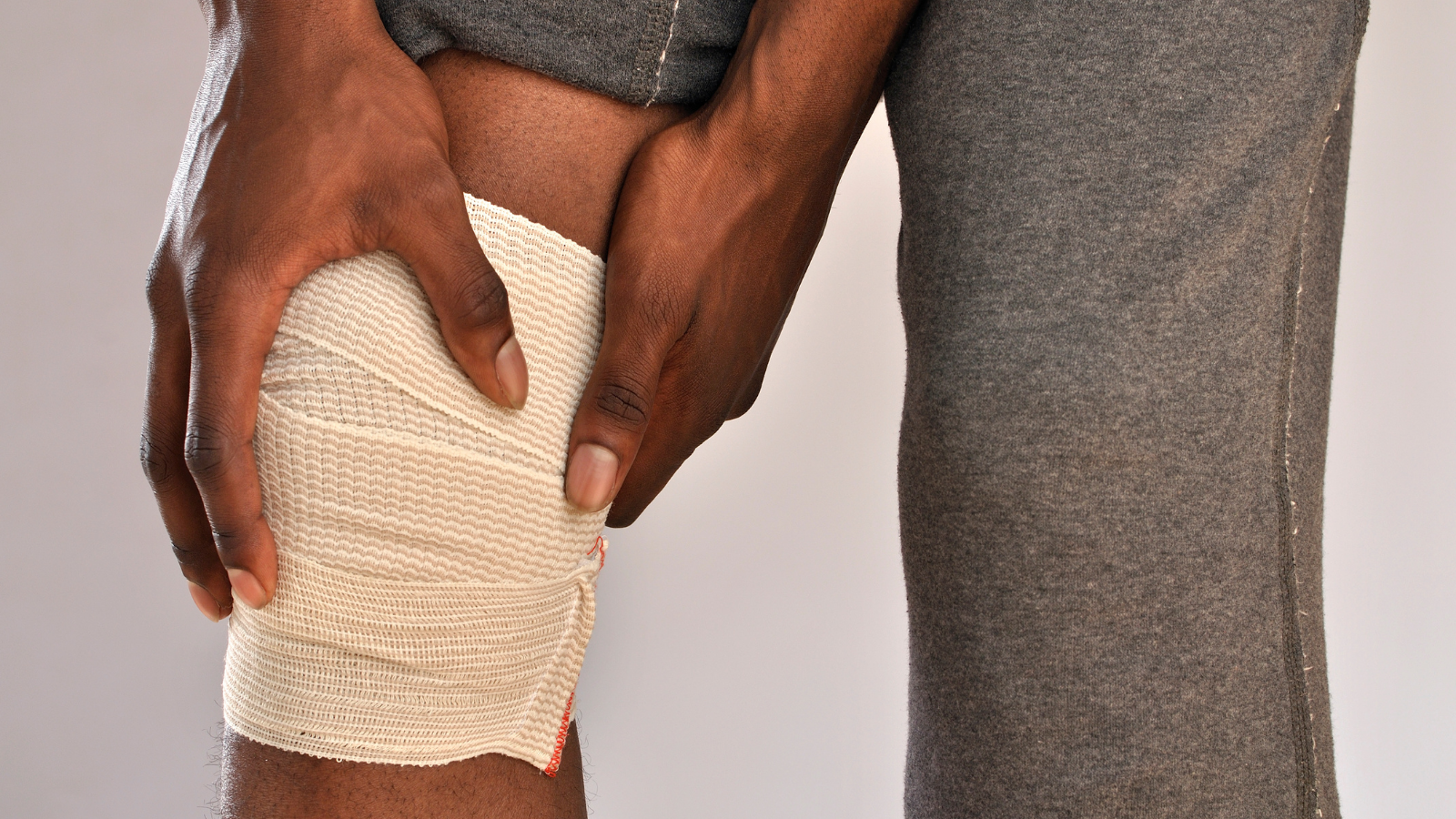
Knee pain is a common reason for seeking medical attention, with nearly one in every three Americans affected by arthritis or musculoskeletal disease. Further, the burden of osteoarthritis (OA) is expected to increase as the population ages. However, arthritis-related activity and work limitations and severe pain disproportionately impact Black patients compared to white patients. In a new Nature Medicine article, Dr. Said Ibrahim, Senior Associate Dean for Diversity and Inclusion and chief of the Division of Healthcare Delivery Science and Innovation in Weill Cornell Medicine’s Department of Population Health Sciences, notes that an algorithm developed by Pierson et al. through machine learning on data from diverse people could improve the diagnosis and management of knee pain from OA and reduce racial disparities in knee pain assessment. Researchers must remember that Black patients typically have lower preference for joint replacement than do white patients and are more likely to receive joint-replacement surgery in low-quality hospitals. Therefore, it is yet to be determined if better assessment of pain will address disparities in the use of elective joint-replacement surgery. Limitations aside, this innovative approach could supplement other assessments of pain and eventually aid in surgical decision-making for OA and other conditions.
- Highlights

